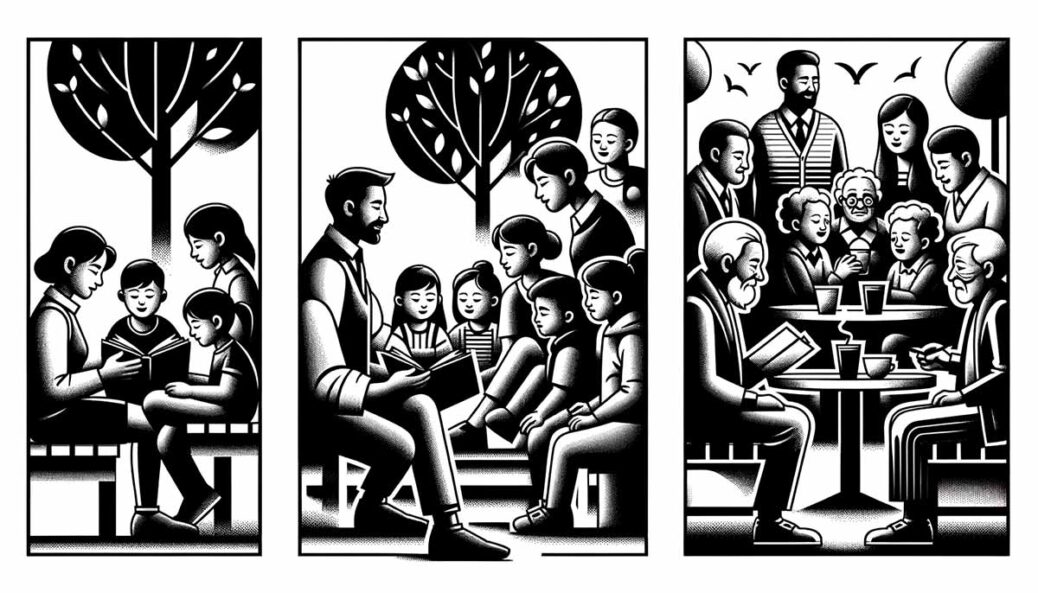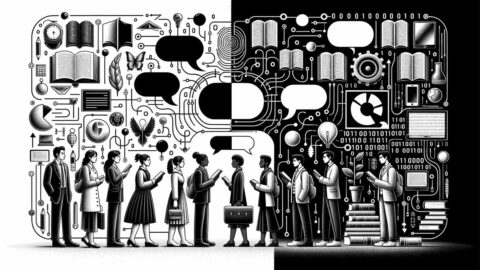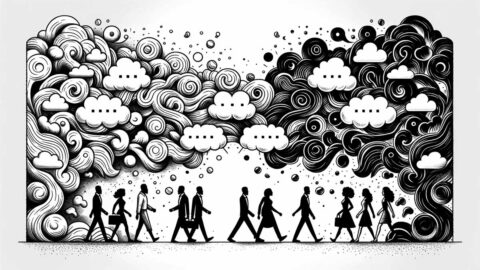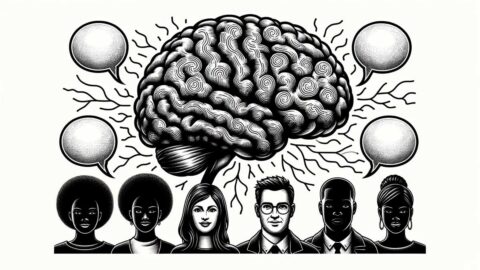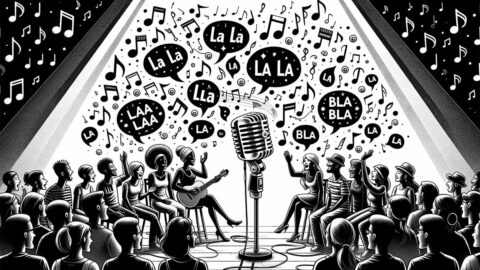Quotes are timeless—encapsulating wisdom, experience, and emotions that span across eras and cultures. However, not all quotes resonate the same way with everyone. One of the factors that influence how a quote is received is the generation of the reader. Millennials, Gen Z, Baby Boomers, and older generations often have varying interpretations and attachments to certain quotes, thanks to their distinct life experiences and worldviews. This article will explore how and why quotes resonate differently across generations.
The Lens of Experience
The experiences that shape each generation play a significant role in how quotes are perceived. For instance, Baby Boomers, who lived through significant parts of the 20th century, might resonate more with quotes about hard work, perseverance, and loyalty. They value the wisdom distilled from overcoming hardships like wars and economic recessions. My own parents, belonging to this generation, often share sayings that emphasize these virtues.
The Voice of Rebellion
On the other hand, quotes that talk about challenging the status quo, embracing change, and advocating for social issues might find more traction among Millennials and Gen Z. Growing up in an era of rapid technological advances and social change, younger generations are more likely to challenge traditional wisdom and seek new perspectives. For example, quotes about breaking free from societal norms or embracing diversity tend to be popular among my younger peers.
The Pace of Life
The speed at which each generation has lived also contributes to how they resonate with quotes. Older generations who grew up in a less digital age might prefer quotes that emphasize reflection, patience, and the slow accumulation of wisdom. Younger generations, accustomed to the fast pace of the digital world, might connect more with quotes about seizing the moment, taking risks, and the importance of now.
Technology’s Role in Perceptions
It’s impossible to talk about generational gaps without mentioning technology. Older generations might discover quotes through more traditional means like books, public speeches, or religious services. Younger folks, however, are more likely to encounter quotes on social media, often stripped of their original context. This can lead to different levels of appreciation and understanding of the same quote.
Quotes in Pop Culture
The influence of pop culture can’t be ignored either. Each generation has its icons—musicians, actors, activists whose words become immortalized as quotes. These quotes often become emblematic of the era, capturing its spirit and ethos. The resonance of these quotes often wanes or transforms as society evolves, making them markers of a particular generational experience.
The Interplay of Old and New
While it’s true that quotes may resonate differently with various generations, the beauty of a well-crafted quote is its universality. Many quotes manage to bridge the generational gap, appealing to young and old alike due to their timeless wisdom. “The only thing we have to fear is fear itself,” spoken by Franklin D. Roosevelt, is as relevant today as it was in the 1930s.
Quotes as Bridges and Mirrors
Understanding the generational nuances in how quotes are received enriches our collective dialogue. It creates a bridge for intergenerational conversations, where each side can gain from the other’s perspective. It also serves as a mirror, reflecting the values, challenges, and spirit of each generation.
So the next time you come across a quote that strikes a chord, consider not just what it says, but also how it might be heard by someone from a different generation. It’s an exercise that can yield surprising insights, deepening your appreciation for the timeless power of words.

